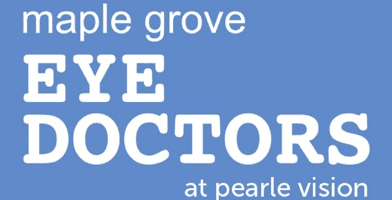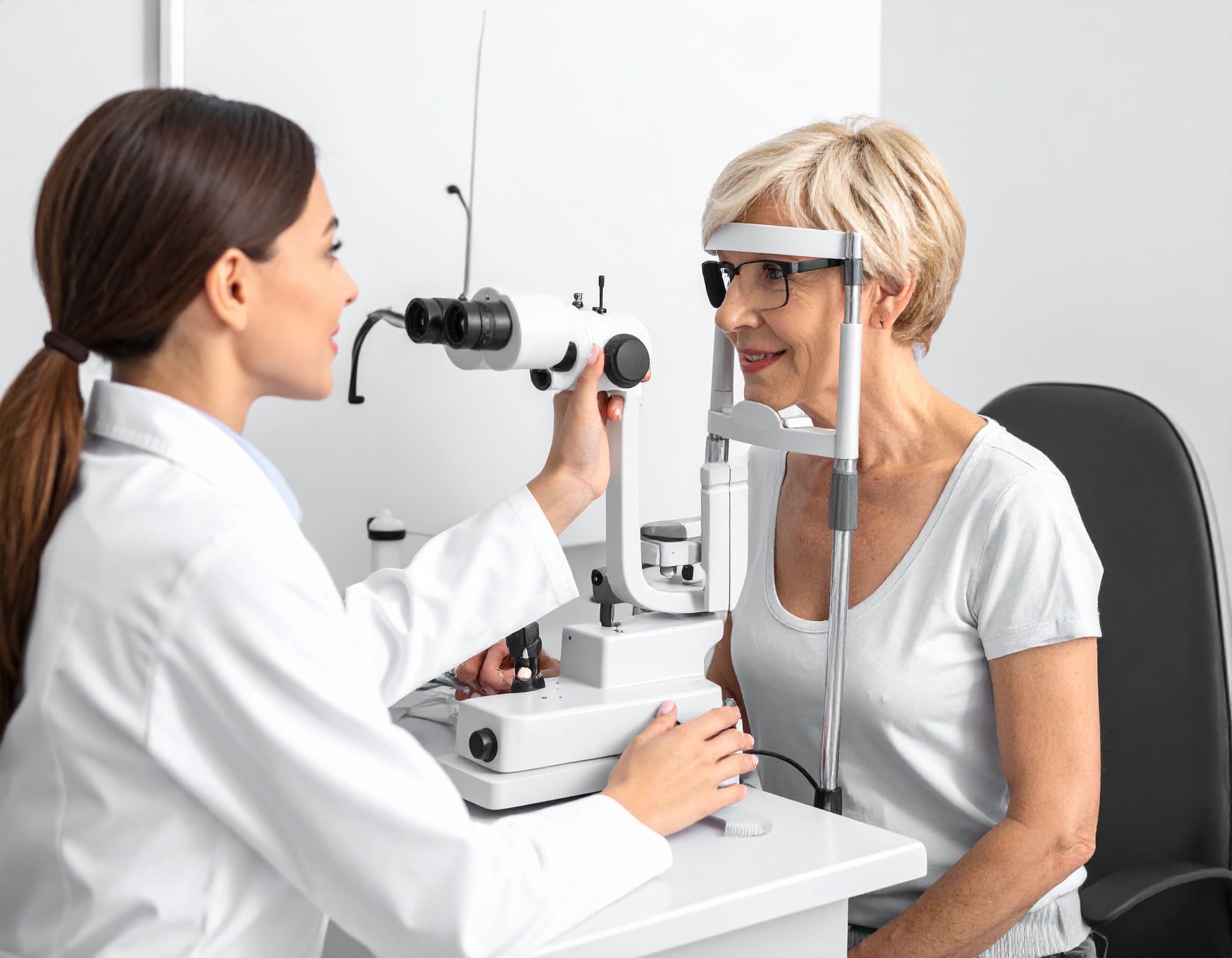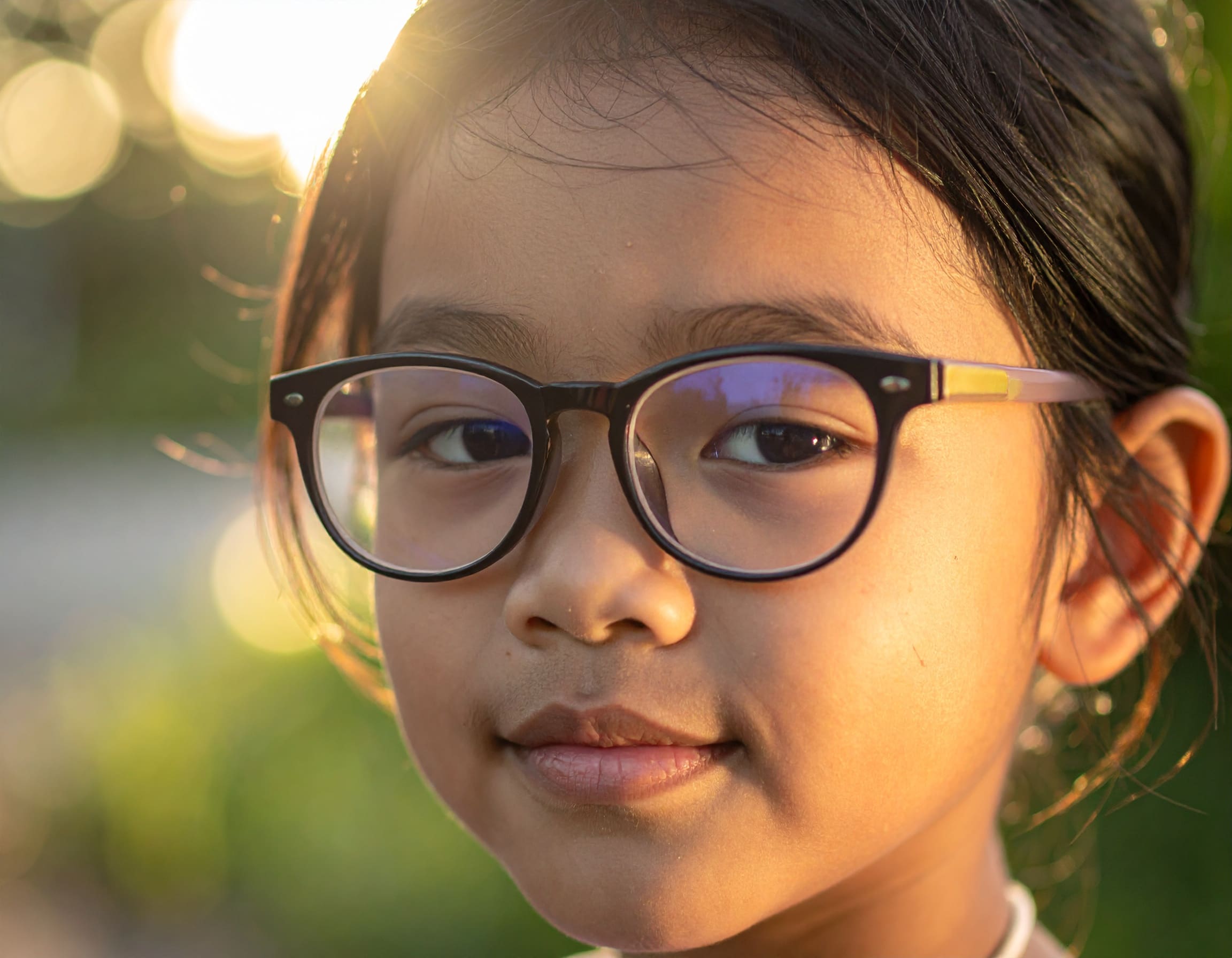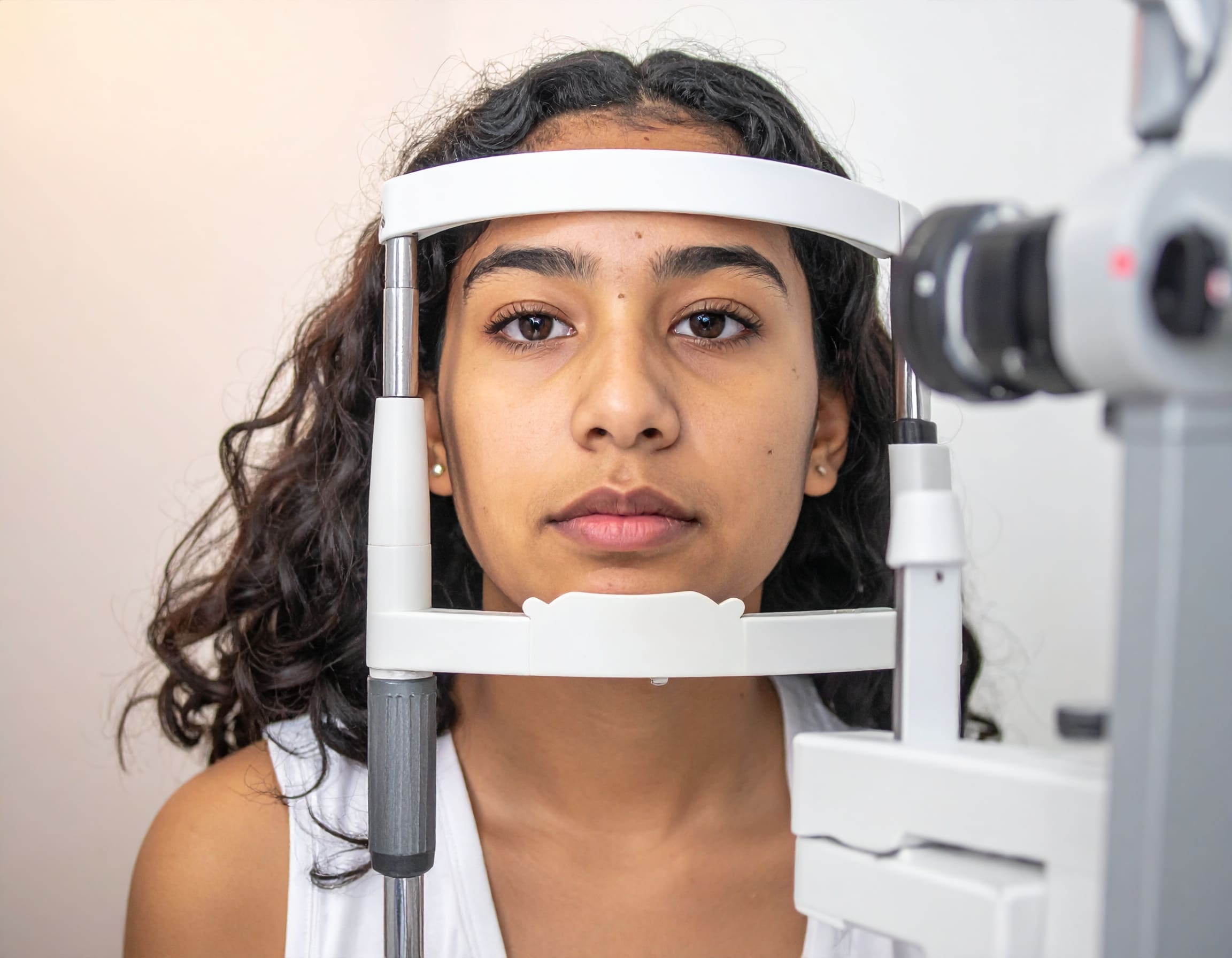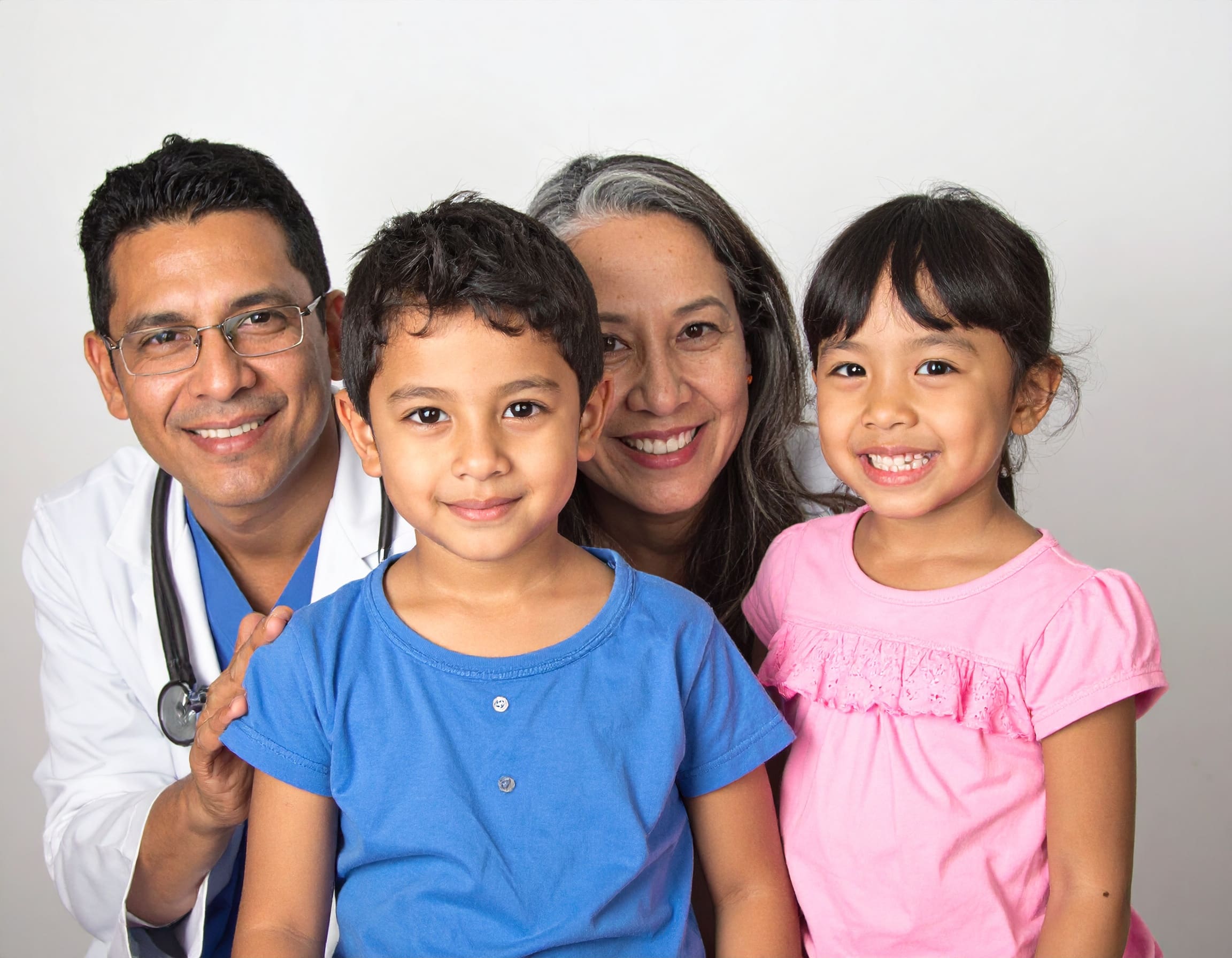What Are The Differences Between An Eye Exam And A Vision Screening?
Your child’s eyesight is precious. It helps them engage the world around them. Not only does a good vision help kids see well, but it also gives them the confidence to do things independently. Many parents we meet assume that vision screenings at school are enough to maintain a clear, crisp vision. While these are helpful, they are also generally basic and cannot safeguard your child’s overall ocular health. School screenings are just a starting point. Your child needs a thorough annual comprehensive eye exam to preserve their sight and confidence for the long term. Here’s a look at how school screenings and comprehensive eye exams differ:
Vision Screenings Done At School
School vision screenings are usually brief and done with vision evaluation tools that have limits. These tests generally only assess visual acuity, i.e., how well children can read and identify letters or objects from a distance. In fact, school nurses or even volunteers can conduct these tests, which explains why such screenings can be limited in scope.
There isn’t a complete diagnosis of potential eye ailments. In case your child complains of any visual disturbances and it’s affecting the child’s performance, you must see a specialist, ideally an optometrist. School screenings might indicate whether your child needs corrective eyewear, but they don’t reveal if their eyes are functioning well, in coordination, or if there are any eye health concerns.
School screenings are designed for basic testing, i.e., a fraction of what truly matters. These limitations could interfere with the child’s learning abilities and behavior if they don’t catch more complicated vision issues like a lazy eye or astigmatism. Kids might even complain of headaches, redness, and watery eyes. You could see them squinting, and their performance could be deteriorating.
These are silent signs of vision problems, and parents should take these symptoms seriously. Studies suggest that many preschoolers have unidentified vision issues, which are often left undetected during simple screenings. An optometrist is required for acomprehensive examination of your child’s eye health. Relying only on vision screenings alone can put your child’s vision at risk.
Comprehensive Eye Exams at the Doctor’s Office
A comprehensive eye exam is performed at an optometrist’s office with the latest testing equipment. The optometrist will assess the child’s visual acuity but also checks for any focusing problems, refractive errors such as nearsightedness and farsightedness, and overall visual health. A optometrist has the expertise and know-how to diagnose any conditions that a basic school screening might not catch.
They can evaluate whether both of your child’s eyes are working as a team and how they adjust to near and far tasks, which is often lacking in school screenings. This helps understand how well your child can toggle their eyes between different distances, such as reading books and the board.
Since most of your child’s learning at school is visual, it is important for them to see and comprehend things well. A comprehensive eye can ensure your child doesn’t struggle with their academics and other activities. Your child’s optometrist can suggest what kind of glasses would be suitable for your kid, or if they are a good candidate for contacts. Not just that, your eye doctor will also discuss your child’s visual needs and recommend suggestions.
An optometrist can determine issues beyond the obvious; those that you would never expect to find out at an eye doctor’s office. Yes, a comprehensive evaluation can also identify other potential health concerns like hypertension, diabetes, or autoimmune diseases. This is something a school screening can never pick up. Some optometrists can also recommend basic dietary changes, if needed, to help kids stay healthy. This type of evaluation ensures your child’s vision is working in their favor and helping them grow and thrive. In short, glasses aren’t the only solution that eye doctors suggest; they can offer a lot more linked to your child’s overall health.
Choose Maple Grove Eye Doctors
No matter which screening you go for, the truth is that most kids won’t be able to tell the difference between seeing well and seeing perfectly. This is especially true for younger kids who can easily assume that this is how everyone sees. It is only when you pay attention to the subtle signs of a problem that you can stay ahead of it and consult a specialist in a timely manner.
At Maple Grove Eye Doctors, we’d say that you shouldn’t wait for your kid to complain. Schedule your child’s comprehensive eye exam yearly and make sure that they’re always seeing comfortably. Our team is here to assist you with your unique needs, plus we offer that neighborly touch for added peace of mind.
Our team doesn’t just tick a checklist. We make sure every child sees the world clearly and embraces their vision for life. Our comprehensive and compassionate approaches make us the best around. Kids and parents who visit us leave our office feeling satisfied and stress-free. Come see and experience the difference we can help make in your child’s life.
Book Your Child’s Comprehensive Eye Exam with Us Today
If your child’s comprehensive eye check-up is overdue, now is the time to book one. While school vision screenings may be a good checkpoint, they aren’t the finish line. These provide a good starting point, but as parents, you must consider your child’s long-term health.
If you need assistance, please call (763) 416-0622 to book an eye exam for your child with the experts at Maple Grove Eye Doctors. You can also schedule your appointment online. Email us at info@maplegroveeye.vision, and we’ll help you with the next steps. Your child deserves more than just passing the school vision test; they deserve personalized attention and guidance for a healthy vision today, tomorrow, and always. Start now.
